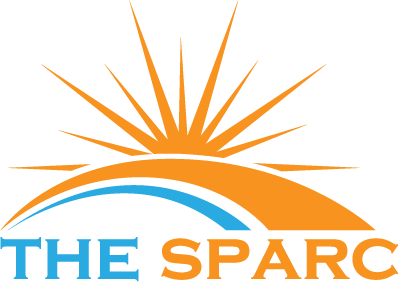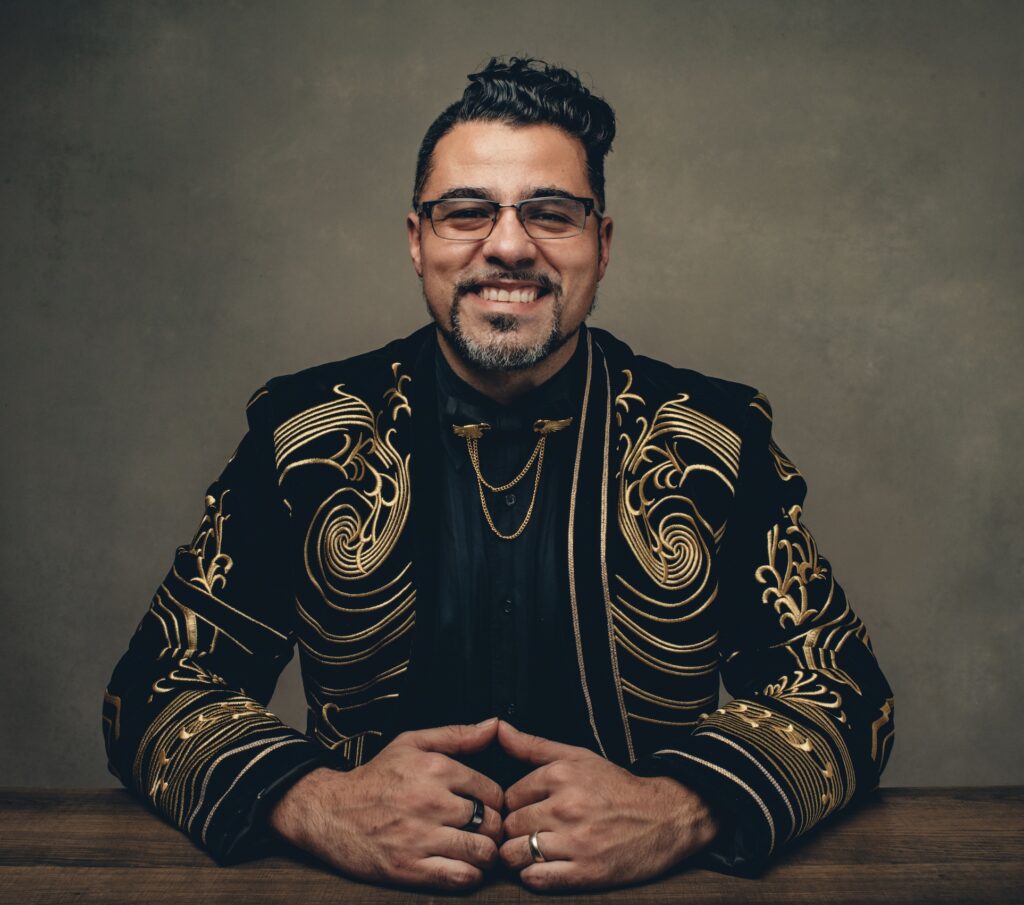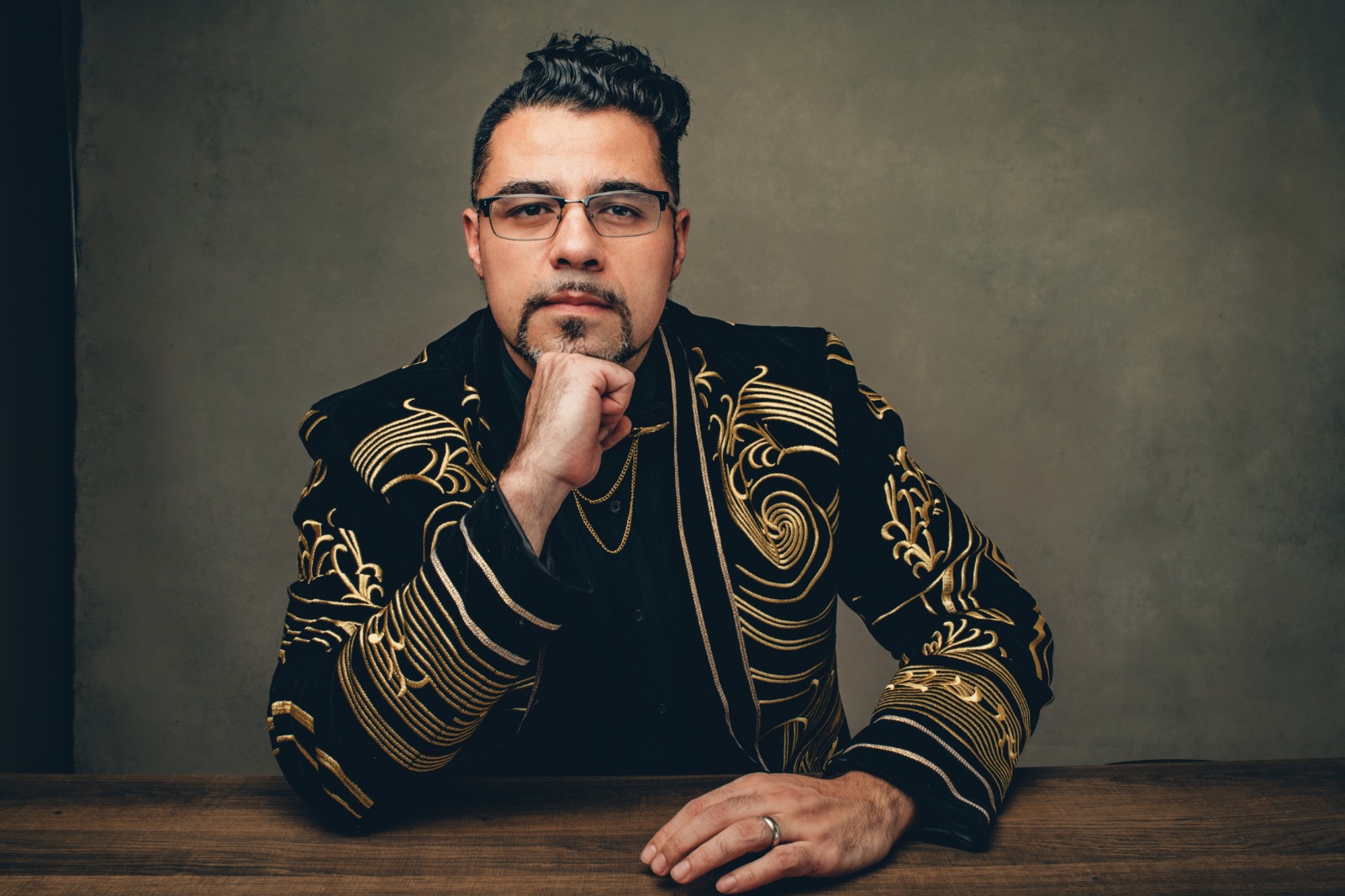
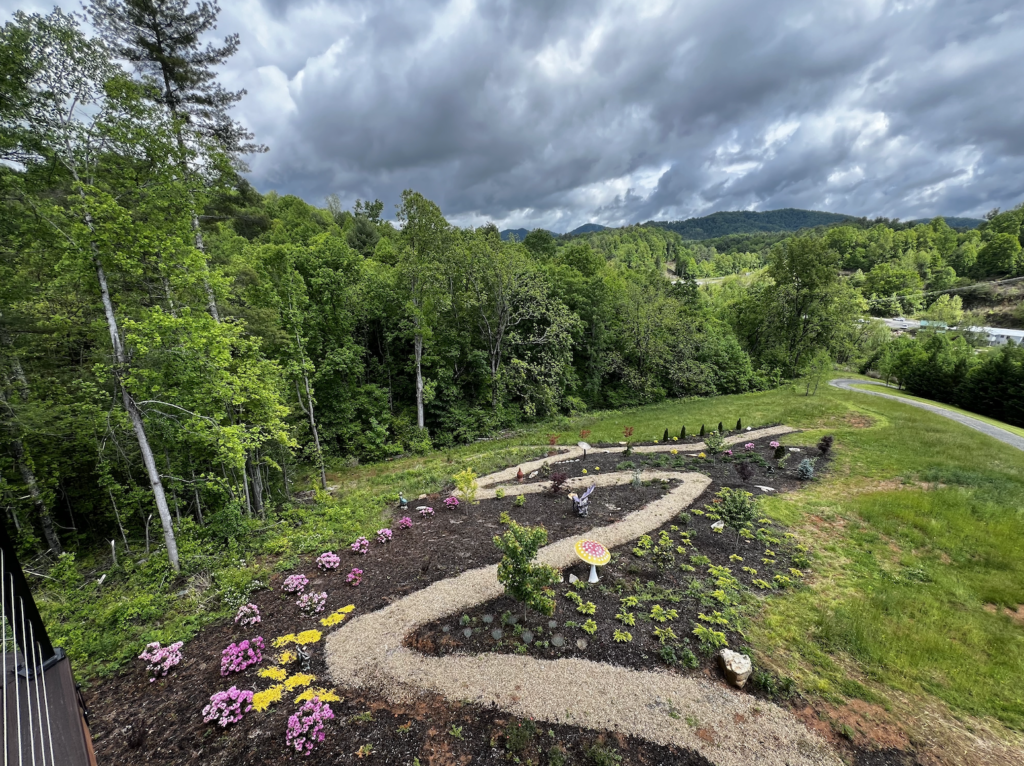
Greetings Dear Friends! As we approach the final weeks of summer, the SpArc is all systems go in preparing for our upcoming Journey of Origins Fall Retreat taking place on Oct 24 – 27, 2024. This year has been a powerful journey of self-discovery, learning ways to embrace the call for deep soul healing to arrive into genuine clarity of purpose and fulness of heart in service to our beautiful community. And through this Rites of Passage, has emerged our first large offering in our new Communitas Sanctuary. The Journey of Origins is a (4) day experience welcoming fellow seekers to dive deep into personal healing, self-discovery, soul exploration and spiritual emergence arriving into a new life orientation and path of wholeness. We are thrilled to host a small intimate container featuring an immersive fungi medicine journey, yoga, meditation, hiking, aromatic & hero’s journey workshops, gourmet food, ecstatic dance and numerous opportunities to connect in the spirit of fellowship and soul exploration.
I’m also thrilled to announce this will be my first Co-Facilitation with my dear wife Renee, whom we just celebrated our 15 year anniversary. Renee and I have followed a path of deep devotion to intentional psychedelic sacramental use and stewardship for over 15 years, and are truly honored to be joining together to Co-Create a this special experience for a community we love. We will be joined by a dear fellow Psychedelic facilitator & coach Aaron Snooks and the wondrous renown Chef Stef to round out our team of temple keepers for the weekend. Learn about the full Journey of Origins Experience here and please don’t hesitate to reach out if you have any questions! Payment plans are welcome and we currently only have (4) spaces left until our container has reached its full expression. I hope that you can join us in the beautiful Blue Ridge Mountains for a life-transformative journey to the hearth of your inner-most being.
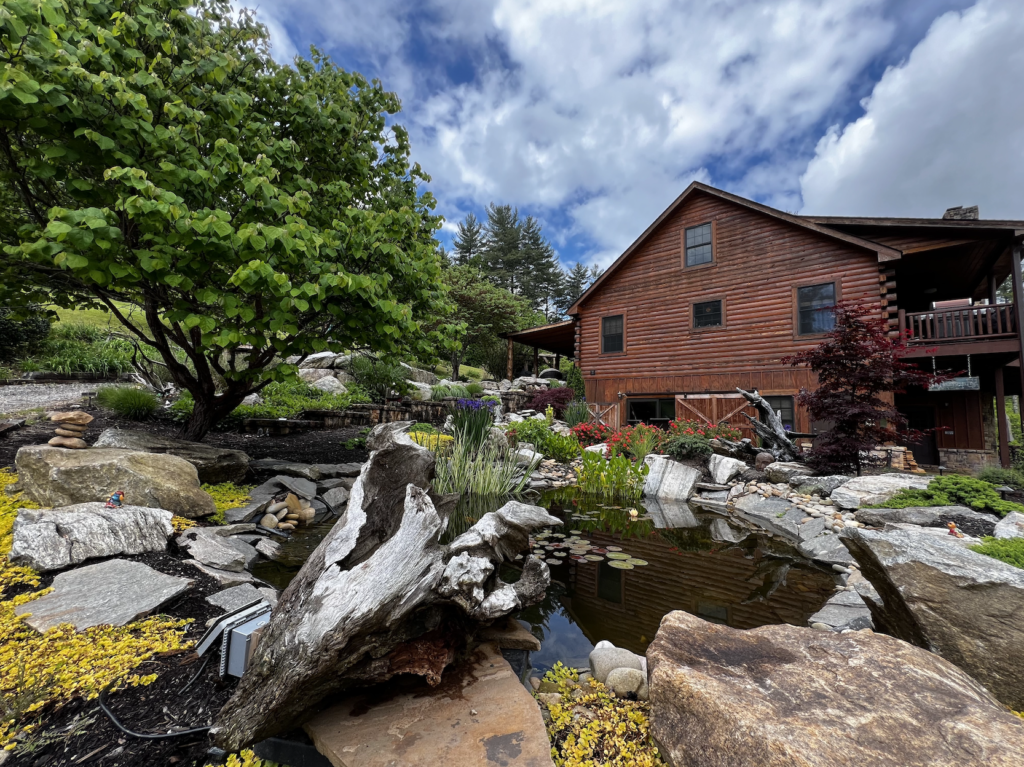
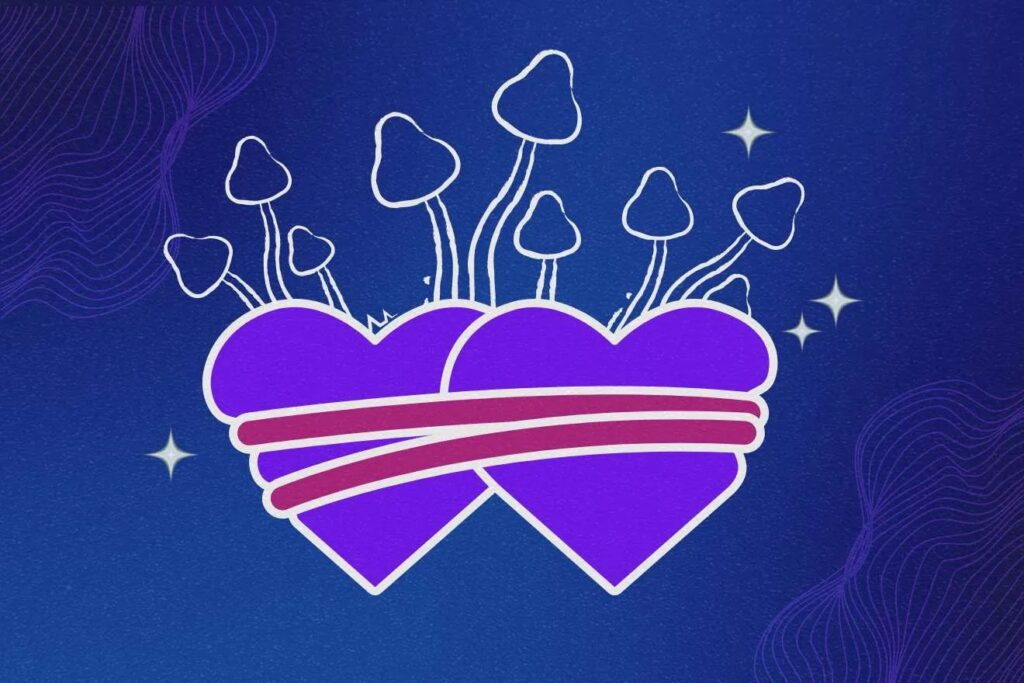
I vividly recall my first therapist, whose appearance resembled a joyless Santa Claus, exhibiting no discernible reaction to my depression. That, in itself, was confusing, but I persisted in tearful divulgence. I was in my twenties, and the concept of codependency—relying on others for validation and identity—seemed abstract to me.
My understanding of codependency stemmed from therapy and self-help literature like ‘Codependent No More,’ a recommendation from this initial therapy session. I struggled with the concept of sacrificing my own desires to seek my father’s approval, particularly concerning my financial decisions. Our discussions primarily revolved around “smarter” spending habits, alongside the notion that financial titles dictated one’s identity.
During my first therapy session, I was engulfed in despair from a recent breakup, harboring deep dissatisfaction with my career choice in photography, and disillusioned by my lack of success as a bustling magazine editor in NYC.

Recently, the FDA delivered a staggering blow to patients and practitioners eagerly awaiting meaningful change to American mental healthcare: the rejection of MDMA-assisted psychotherapy for post-traumatic stress disorder.
All is not completely lost for the future of regulated psychedelic medicine—Lykos has been offered to submit more data around the efficacy and safety of MDMA, and many other biotech firms are chasing regulatory approvals of their own for other compounds and conditions—but a legitimate problem remains.
Following years of mainstream media hype, and a populace growing increasingly distrustful of the medical establishment and frustrated with the current standard of care, more people than ever before are interested in taking psychedelics. However, regulatory progress has not kept pace with this heightened demand.
With so many now seeking psychedelic interventions in a predominantly unregulated market, how do we keep people safe?

I started investigating the risks of MDMA in the mid 1980s, shortly after Schuster and colleagues began publishing on so-called MDMA neurotoxicity. I then conducted investigator-initiated trials with MDMA beginning in the 90s, originally as part of the second team to get FDA permission to administer MDMA to volunteers. From around 1999 to 2001, I took time off from my career to help the parent nonprofit of Lykos get their first patient studies approved…

A recent study published in Biological Psychiatry: Cognitive Neuroscience and Neuroimaging has revealed that psilocybin can induce a state of hyperconnectivity in the brain. This heightened brain connectivity is linked to profound changes in perception and a sense of unity with the universe, which many users describe as mystical experiences.
Psilocybin is a naturally occurring psychedelic compound found in certain species of mushrooms, commonly referred to as “magic mushrooms.” When ingested, psilocybin is metabolized into psilocin, which interacts with serotonin receptors in the brain, particularly the serotonin 2A receptor.
This interaction leads to altered perception, mood, and cognition, often resulting in profound changes in consciousness. Users report experiences ranging from enhanced sensory perception and visual hallucinations to feelings of unity with the universe and deep personal insight. These effects have made psilocybin a subject of interest not only for recreational use but also for its potential therapeutic benefits.
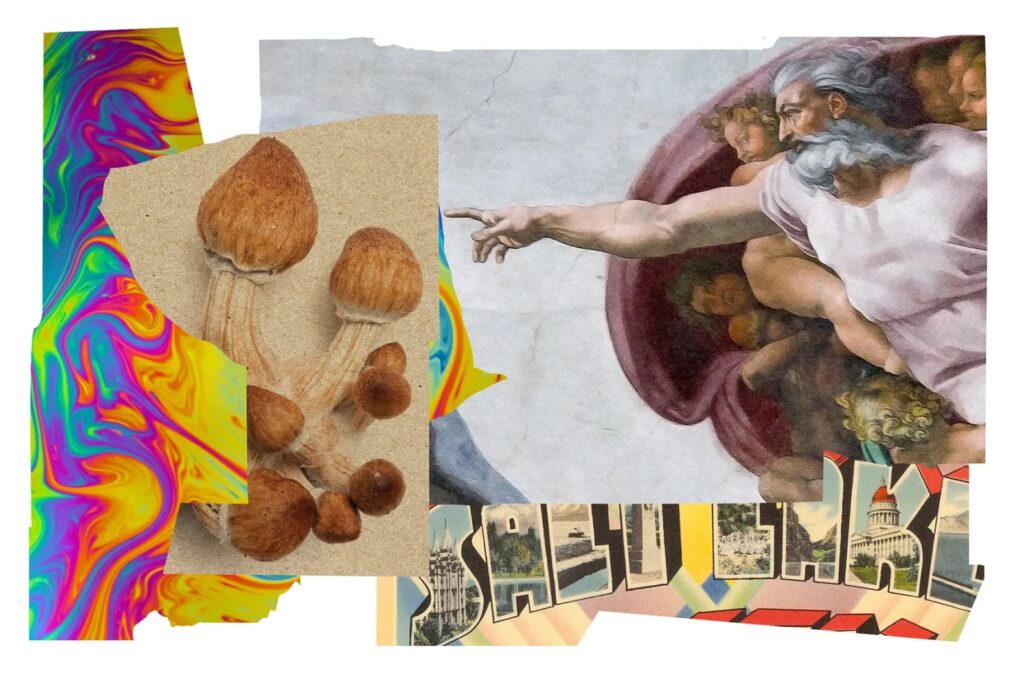
The medicalization movement is faltering. Maybe that’s because psychedelics have been spiritual tools all along.
THE FIRST TIME Stephanie Brinkerhoff tried psilocybin, she was a Mormon mother of three and desperate for help. She was struggling with migraines and chronic fatigue, and the antidepressants she had been on for years weren’t working, she felt. After listening to a series of podcasts about psychedelics, and learning about their reported mental health benefits, she presented her research to her Bishop, who didn’t dissuade her….
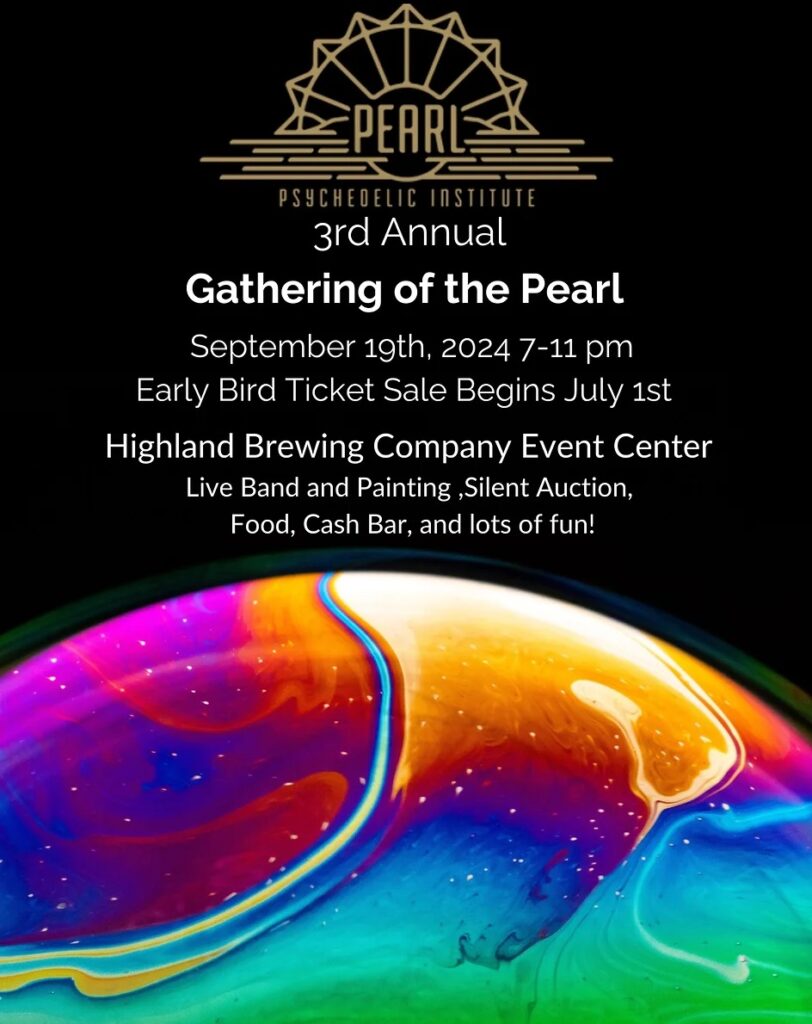
On September 19th our dear friends at The Pearl Psychedelic Institute are hosting their annual fundraiser at Highland Brewing Company. At a time where so many struggle with mental health, this incredible organization continues to work tirelessly through education, services and community action to provide pathways to genuine healing through intentional psychedelic medicine. Please consider purchasing a ticket for an awesome evening that includes live music, delicious food, silent auctions, and an amazing community conversation supporting psychedelic culture near and far. We hope to see you out!

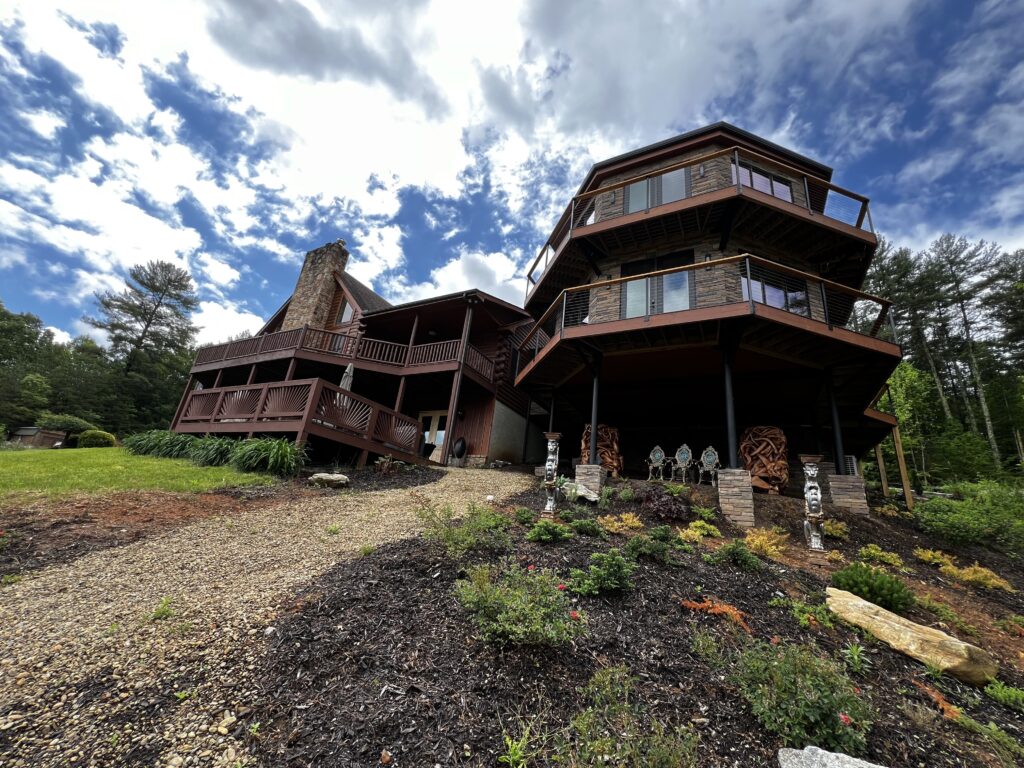
community can help you continue receiving the benefits of psychedelic work while following through on the guidance offered by the medicine.
